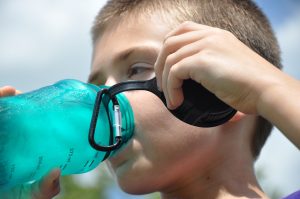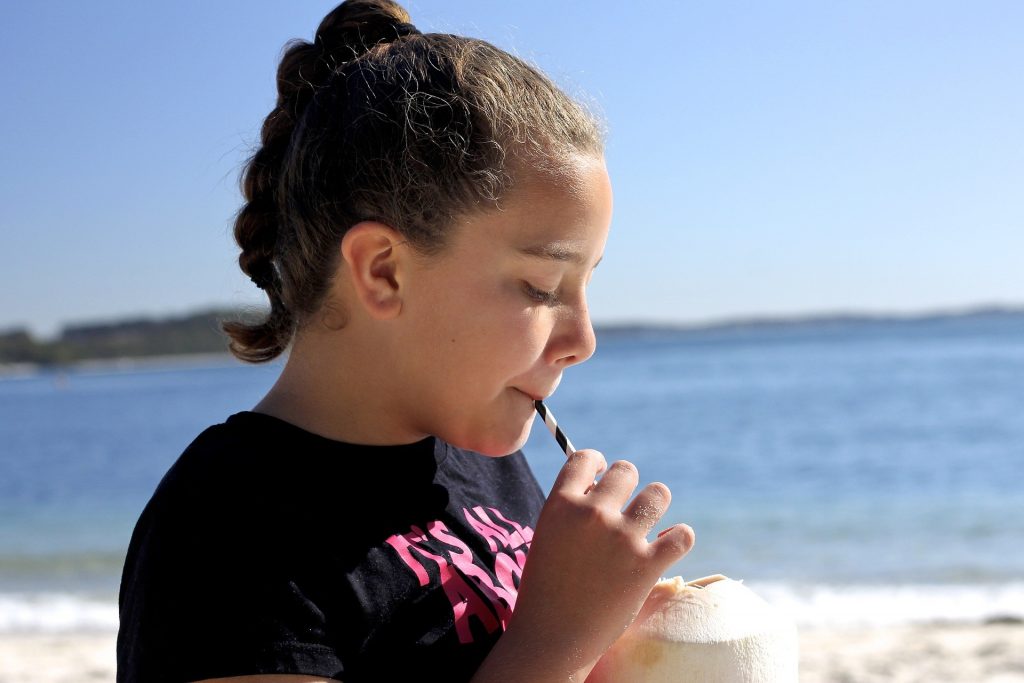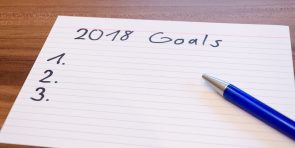How Much Pure Drinking Water Does Your Child Need
India is indeed highly populated! Home to 1.21 billion people, the country has also declared that 39% of its population falls in the ‘Children’ category. (Source: Child Line) With a break up 28% in the age group 0-5, 28% in the age group 6-10, 27% in 11-15 years, and 16% in the age group 16-18, the Country clearly does show promising signs of powerful youth in the near future. While it is great to have large numbers of young population in the country, what clearly forms the foundation is good nutrition. In order to stay strong and healthy, children have to be rightly fed and hydrated. This blog speaks about giving only the best for your child in terms of pure drinking water by installing some of the best Water Purifiers for the home, whether it is RO Water or anything likewise.
We are aware that infants and young children carry a higher proportion of body water than adults. With the several activities that a child is put through, dehydration is a natural process. Also, children are less heat tolerant while they do physically challenging activities, especially in hot weather. Therefore it is of paramount importance that parents encourage children to drink water regularly. One should bear in mind that as adults we forget to drink water and it is quite impossible for a child to remember to have a drink by themselves. The mantra for every parent is ‘Keep monitoring their hydration all the time’
How much pure drinking water does your child need? Experts in this line British Nutrition Foundation state that the amount of fluid a child needs depends on many factors including their age, their gender, the weather, and how much physical activity they do, but generally they should aim to drink about 6-8 glasses of fluid per day (on top of the water provided by food in their diet). Younger children need relatively smaller drinks (e.g. 120–150 ml serving) and older children need larger drinks (e.g. 250–300 ml serving).
The European Food Safety Authority (EFSA) has developed the below set of fluid requirements for children of different ages
| Gender | Age | Amount Of Fluids From Drinks & Food (Litres/ Day)1 | Amount of Fluids From Drinks Only (Litres/ Day)2 |
|
Boys and Girls |
4 to 8 years |
1.6 | 1.1-1.3 |
|
Girls |
9 to 13 years |
1.9 |
1.3-1.5 |
| Boys | 9 to 13 years | 2.1 |
1.5-1.7 |
Children who do not get enough water tend to feel tired all the time and report frequent headaches. This is the commonest complaint from parents who mostly do not identify the cause of such problems. Drinking enough water also ensures that the weight of the child is balanced. One of the best things we can do for our children is to help them develop a love for the water, and the only way that is really possible is for them to see their parents having a love for the water.

The next crucial question to address would be what kind of water should we be giving our children? Considering the countless contaminating elements and the fear of water-borne diseases – how can a parent ensure that the water is safe for their child to consume? The only solution for this is to get the best possible Water Filtration or Purification system in your home.
The reverse Osmosis Water System is supposed to bring the best results in terms of water purification. The important aspect is to follow the manufacturer’s instructions. While one could end up buying the best possible water purifier, they usually do not follow the manufacturer’s instructions for maintaining the RO purifier or any other water purifier that they buy. Water Treatment will happen at its optimum when the filter is cleaned and maintained properly. Therefore as parents and as general users of such filtration/ purification systems, one should never neglect reading the user manual and following the guide to maintain the purifier.
As parents and responsible citizens, we are responsible for shaping a healthy future and that can only happen if we watch out for these younglings.





